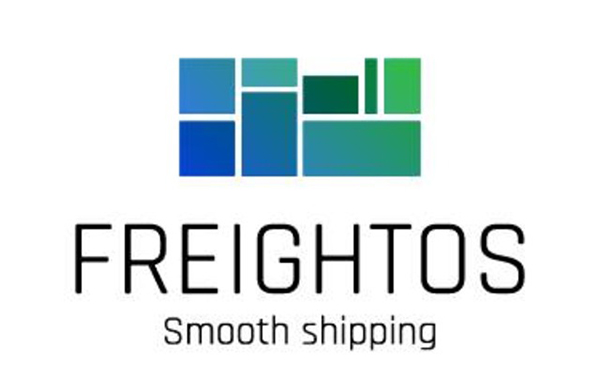New shipper survey reveals that small businesses face “import overhead”
Freightos research sheds light on rampant inefficiencies within the global freight sector, trends impacting the growing import/export industry in the U.S.
While importing continues to grow across both small and enterprise companies, almost 50% of the 300,000-plus American businesses who import still use spreadsheets to manage their international supply chain.
Global trade is worth trillions, and U.S. Department of Commerce data reports a 6.7% year on year increase in U.S. imports in 2017 - the fastest rate of growth in more than seven years; yet the industry remains siloed and outmoded.
Freightos, an SaaS-enabled logistics technology provider focused on instant freight quotes for freight forwarders and shippers conducted a survey recently to reveal how cumbersome logistics remains to American companies importing goods.
Eytan Buchman, a Freightos vice president, told Logistics Management in an interview that survey responses confirmed what the compnay had long suspected.
“While a lot of this was reaffirming what we know - that digitization in the logistics industry has primarily been turned towards internal logistics efficiency rather than improving the customer experience. Maersk's Chairman actually reaffirmed this in the 2017 annual report, released only days ago,” he said.
As reported in LM, Maersk noted that the transport and logistics industry has not yet undergone any significant transformation. Indeed, they maintain that the basic shipping experience is virtually unchanged seen from a customer’s point of view.
“From my perspective, there are two aspects where this is incredibly clear,” said Buchman. “The first is that nearly half of all shippers report that they use Excel to manage their shipments, a figure that stays fairly consistent across all company sizes. In other words, providers are not offering a platform to make shipment management easier than copying, pasting and Excel formulas.”
Buchman added that a second factor is that the majority of shippers say that the majority of shippers say that less than 75% or less of their shipments arrive on time.
“That's a shocking factor in an era of agile supply chains,” he said.
Among the key findings:
- 2.4% of business owners spend more than 2 hours (or an estimated $100 of labor) on managing each individual shipment.
- 10% of small business owners reported more than 75% of shipments arrive late.
- Only 11.7% of large importers feel their freight providers are technologically advanced.
- Of companies that import only 4-10 shipments year, almost half still spend over $10,000 per month on international freight.
Additional results of this findings:
On average how much time do you spend managing an individual freight shipment (getting quotes, booking, following up/tracking)?
11.8% spend more than 5 hours. 42.4% of business owners spend more than 2 hours on managing each individual shipment.
Over 60% of midsize importers (10-50 annual imports) spend 2+ hours managing each shipment, wasting anywhere from 20 hours to 500 hours a year managing shipments.
Among companies that import over 100 times a year, 37% spend more than two hours managing each individual shipment; 12% spend over ten hours.
What percent of your international freight shipments arrive on-time?
29.7% of business owners admit that less than half of their shipments arrive on time. Only 34.7% report timeliness in the top 25th percentile. 65% of small business owners say that only ¾ of their international freight shipments arrive on time. 10% of small business owners only receive 1 in 4 shipments on time.
Across the board, only 35% of importers say that goods arrive on-time 75% of the time or more. 65% of companies that import goods suffer from delays at least 25% of the time they ship goods For 30% of small (4-50/year) importers report that half or more of their shipments are late.
Compared to other service providers, how technologically advanced is your international freight provider?
Larger importers clearly have access to more sophisticated technology. About 25% of large importers (100+/year) say their forwarders are more advanced than other service providers, while only 7% of small importers say the same.
Only 11.7% of large importers feel their freight providers are technologically advanced.
What software do you use for international supply chain management?
By far, the most common technology solution used to manage shipments is…Spreadsheets, an option used by 47% of all importers and over half of small importers.
Other findings include:
- For companies that import only 4-10/year (aka micros), almost half still spend over $10/K month on international freight.
- 18.4% of business owners have no visibility of their shipments.
- 83% of importers report that they do not have full visibility into the location of their shipment during the import process.
“Ask any freight forwarder or business owner, and they’ll agree - international freight, particularly for small and midsize businesses, is long overdue for an upgrade,” said Dr. Zvi Schreiber, Freightos CEO and founder. “These survey results put real data to the all-too frustrating obsolescence of the technology used to manage international shipments, and provide valuable insight into the motives behind the rapid growth in logistics technology investments.”













